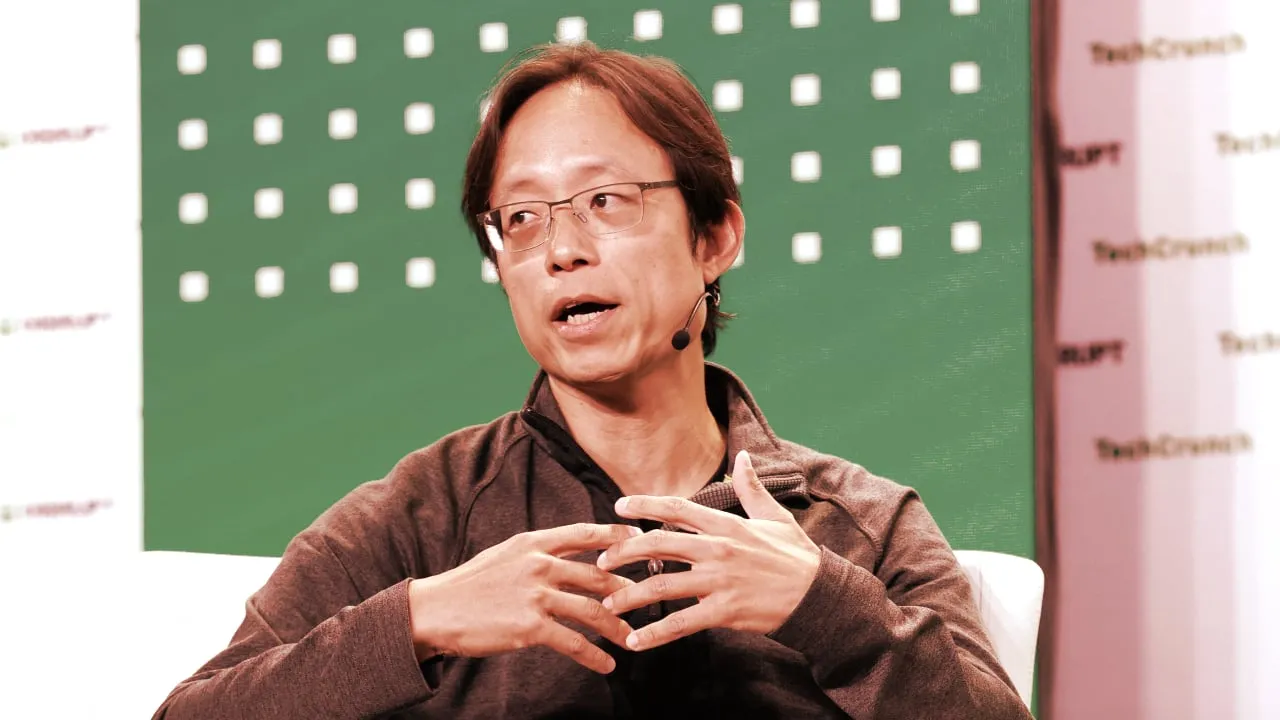Following the collapse of industry behemoth FTX, there are few words currently dirtier to the average American than “crypto.”
But to Animoca Brands chairman Yat Siu, crypto’s enduring PR problem has little to do with crypto itself, and much more to do with America’s present attitude towards another “C” word: capitalism.
“The no-coiners thing is predominantly a Western narrative. It’s much more predominant in America and Europe,” Siu told Decrypt during an interview at NFT Paris. “In Asia, we don’t have that. And I think a lot has to do with people’s perspectives towards capitalism.”
Siu contends that crypto is a much less controversial subject in Asia, where people, he says, have embraced capitalism after living through failed experiments with other economic and political systems, including socialism.
But in America and Europe, where capitalism has existed largely unchallenged for centuries, people—especially young people, Siu says—are converting their growing ire towards billionaires and inequality into disdain for the novel crypto industry.
“Capitalism hasn’t worked for them,” Siu says of younger, Western generations that have championed anti-capitalist rhetoric in recent years.
And to such people, crypto is a perfect target, says Siu. That’s because despite being a technological innovation, Siu says, crypto is also uniquely, fundamentally, political.
“Blockchain is one of the few technological approaches in which a political system is actually embedded,” he says. “It’s a capitalist, liberal viewpoint of the world.”
While not everyone in crypto might label themselves an ardent capitalist, the association is both real and unavoidable, Siu believes.
“People who are in crypto, even if they don’t think of it this way…have a belief in a kind of stakeholder capitalism, in a shared economy, in which we can share values,” he said.
Siu is a vocal proponent of crypto’s potential to better the world. And he believes that it may in fact be crypto that saves capitalism’s Western perception problem in the coming years.
“I think Web3 and crypto can save the capitalist narrative,” he says. “They can reintroduce the value of democracy—which, frankly, a lot of people have started to lose faith in, moreso in the West—[back into capitalism].”
Blockchain-based systems like DAOs, for example, allow for collaboration on a company-sized scale, but also encourage profit-sharing and group decision making. DAOs, or decentralized autonomous organizations, are essentially business structures organized by smart contracts where control is spread out rather than hierarchical, and participants vote on issues before the organization using governance tokens. Siu is confident that as technological innovations like DAOs proliferate the mainstream, anger toward crypto, and toward capitalism, will dissipate simultaneously.
In the meantime, though, that anger is as intense as ever. Since the historic collapse of crypto exchange FTX in November, American lawmakers and regulators have turned up the heat on crypto-related projects and companies. Increasingly, American politicians’ views on crypto appear to be crystalizing on the same lines as partisan rhetoric regarding capitalism.
Progressive Democrats like Senator Elizabeth Warren, who famously warned of the “shadowy super coders” in the crypto industry years ago, have amped up the hardline rhetoric against the broader crypto industry in a manner typically reserved for Wall Street and other capitalist symbols. Conservative Republicans, for their part, have defended the industry with blanket enthusiasm.
While there may be exceptions within this growing trend, the market crash and ensuing contagion of the previous year has unquestionably thrust crypto into the mainstream political spotlight—and battle lines are now very clearly being drawn.

